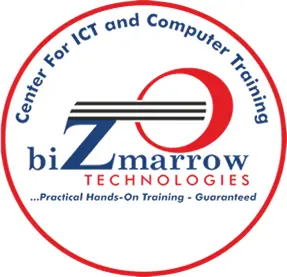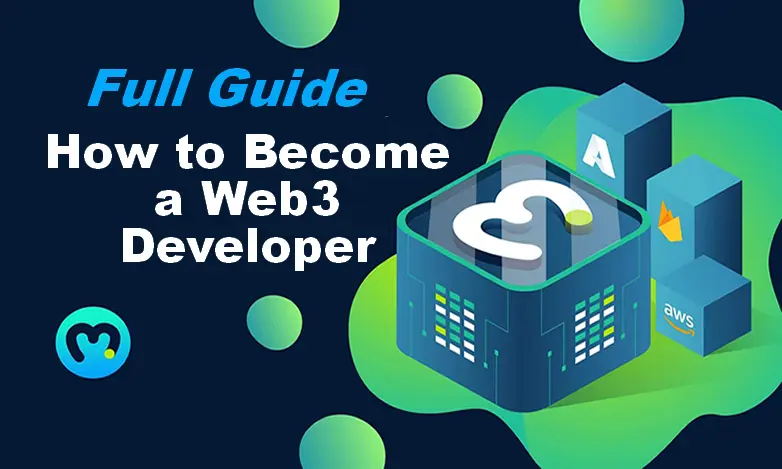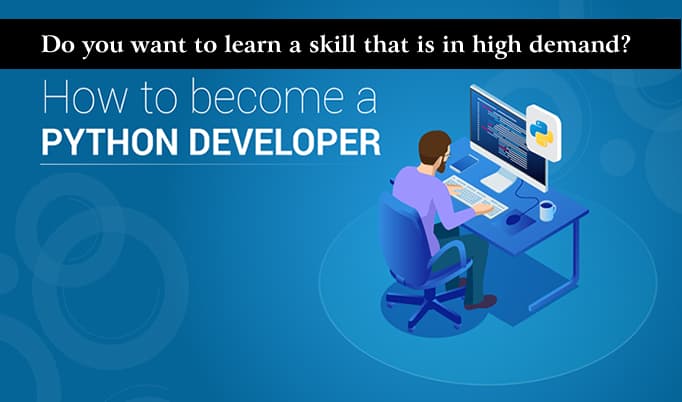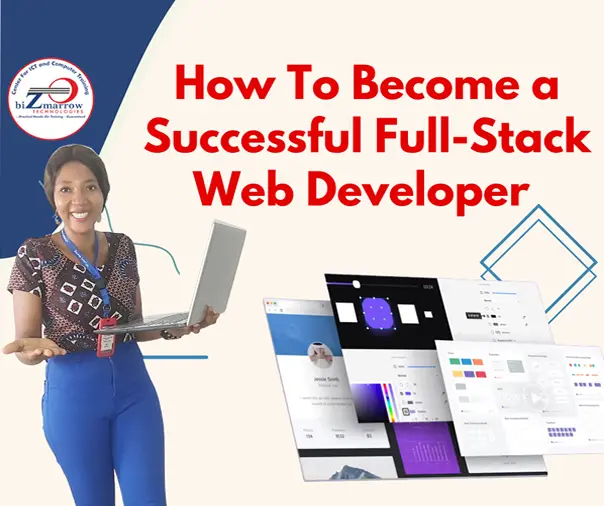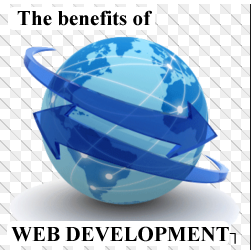Just by asking, “how to become a Web3 developer in Nigeria?” you are already way ahead of many developers in Nigeria. Now’s the best time to use your existing Web2 skills and make the transition to Web3 development.
Moreover, even if you have no experience at all, you can become a blockchain developer relatively fast. The important part is to take action – start learning and building today. As long as you are able to see that Web3 is here to stay, your thoughts are directed properly.
In the next five to ten years, Web3 will take over most industries. However, it could happen even sooner. As such, make sure to position yourself accordingly. All it takes is being resourceful, growth-oriented, curious about this new tech, and smart enough to use the right tools.
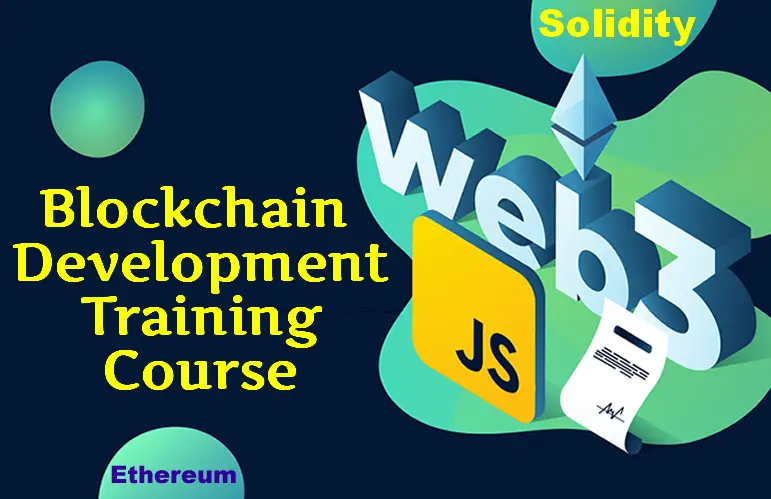
If you want to learn Solidity, Ethereum, Web3, and Blockchain Development in Abuja Nigeria
The digital economy is taking over, and only those who possess the required tech skills can thrive in it.
The evolution of Web 3 has left people talking about it. I mean, an average blockchain developer ends nothing less than 150,000 and above in Nigerian currency. Now imagine working remotely earning in dollars, how much will that amount to annually?
There are lot of resources and potentials waiting to be tapped from the Web 3 Industry. That is why I have compiled the best resources and guides to create the ultimate road map to learn Web3
To become a Web Developer, you will need to equip yourself with the right digital skills.
Prerequisites
You should know JavaScript and web development in general. If you don’t, you should take a step back at this point and learn about web development first.
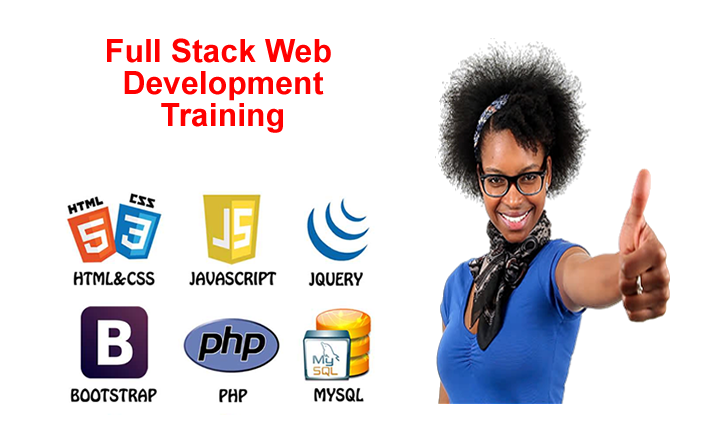
If you want to learn full-stack website design and Development in Abuja Nigeria
Now let’s dive into these digital skills:
Block Chain Fundamentals:
To be able to become a web 3 developer you must understand blockchain. This will help you easily decipher and optimize smart contracts.
What then is Blockchain and how does it work?
Blockchain is a public and decentralized database owned by the users. The data is stored in form of blocks, hence the name ‘Blockchain’. To link the blocks together, each block contains its data, its hash and the hash of the previous block.
The hash is unique string that is calculated from the data. The hash changes based on the information.
Learn How To Interface With The Blockchain
Decentralized apps consist of two components: Your frontend and smart contracts executed on the blockchain. For your front end to talk to the blockchain, you’ll need to interface with it.
This is where libraries come in and there are two popular choices to interface with blockchains that implement the Ethereum API:
- ethers.js
- Web3.js
Pick one, and learn it well. You will definitely need it. It’s one of your most important tools from now on.
Decentralized Applications
DApps or Decentralised Applications are apps built on top of the blockchain. The main technologies used in DApps are:
- Frontend: JavaScript frameworks like React, Vue, Angular
- Backend: Rust and Solana or Solidity and Ethereum
Now, you might be thinking, what are examples where DApps are used? Here are a few industry’s DApps can revolutionize:
- Escrow — Whenever you buy/sell a house, You need to trust the buyer to pay up on time, or keep the money with a third-party company. What if the buyer doesn’t pay, or the third party runs away with the money? DApps can ensure the the transfer of money securely
- Records — Once something is added to the blockchain, it cannot be edited or removed. This is very handy when maintaining house records, medical records etc.
- Payments — Cryptocurrencies can be used for easy and secure payments to transfer value. Although gas fees are pretty high right now, I’m sure they’ll decrease in the future.
Frontend Web Development Basics
As I mentioned previously, DApps may have blockchain technology powering the backend, but the frontend is JavaScript. Here’s what you need to learn:
- HTML — Common HTML tags
- CSS — Basic Properties, Flex, Grid
- CSS Frameworks[Optional] — Bootstrap, Semantic UI, Tailwind etc
- JavaScript — Variables, Functions, Classes, ES6 etc.
- JavaScript Frameworks[Recommended] — React/Vue/Angular
I also recommend learning web2 backend, as a fallback in case web3 doesn’t work out. Here’s what you should learn for the backend:
- NodeJS Fundamentals — Event loop, I/O
- API Framework — Express
- Databases — MongoDB, SQL, PostgreSQL
Learn Solidity
There are many blockchains out there, and nearly equally as many of them come with their own unique way of building smart contracts.
Solidity, however, is the language of the Ethereum VM which is integrated into many other blockchains. It won’t only serve you well on Ethereum. It will also help you to build smart contracts on other chains.
The job market for Solidity developers is the largest by far. Many businesses build or want to build on Ethereum. It could take a long time until another blockchain reaches the same level of adoption that Ethereum has reached.
Although it currently has a few problems (the chain is overloaded), the community is actively working on migrating the consensus over to Proof-of-Stake. All scaling problems will be gone when this happens, and the adoption rate might sky-rocket even further. Until then, layer-2 solutions help to scale the chain, so you don’t need to worry about your job and choice.
What you especially need to understand is how gas works and how each line of code you write in Solidity affects the price of execution of your smart contract. There is no way around it. Unfortunately, some companies optimize aggressively for gas consumption.
If you want to work in this field, you’ll need to learn to optimize your code. It will be part of your job and a huge part of some interviews because thorough optimization can save millions of dollars each year for a heavily used app or contract.

If you want to learn Solidity, Ethereum, Web3, and Blockchain Development in Abuja Nigeria
Thinking of a Digital training school you can equip yourself with these in-demand digital skills?
Well, I have got good news for you!
Bizmarrow Technologies for the past ten (10) years have been offering people like you exceptional practical hands-on training.
Our training is quite unique because we offer students:
Practical Hands-On Training: Our training is more practical, less theories. You will agree with me that this is the best form of learning as it helps facilitate learning process.
Project Based Training: Here at Bizmarrow, students get to present real-life projects before graduation. Students are encouraged to put to practice all they have learned during training.
A Trainer Is Assigned to You: Students are assigned a trainer so as to encourage an interactive classroom, where student is free to ask questions in other to help aid their learning process especially for slow learners.
Less Crowded Classroom: A quiet, safe and conducive environment is ideal for learning. That’s why here at Bizmarrow, we prioritize our students training by offering them a less crowded classroom devoid of noise.
Having learned about Bizmarrow Technologies, I don’t know what you are waiting for!
Starting may seem challenging but with the right learning approach your fears are eliminated.
So, let go of your anxiety and allow Bizmarrow help you get prepared!
Hurry and register with us, we can’t wait to have you.
Click on the link to register now!

If you want to learn Solidity, Ethereum, Web3, and Blockchain Development in Abuja Nigeria
————————————————–
